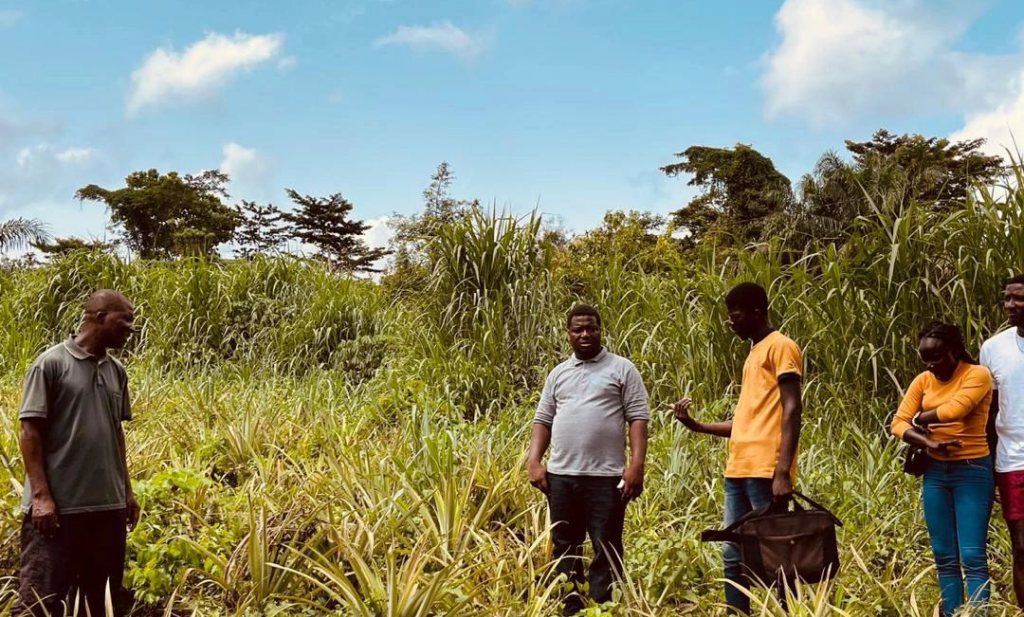Few days ago I read the memo for the release of water from lagdo dam in Cameroon due to the high volume of water (The current volume stood at 213.46m and the maximum permissible level of the reservoir is 214.02m). The implication of opening this dam could be severe to many communities located around its route, and majority of them are smallholder farmers. Although the release was stopped on Tuesday this week (29th August according to some news outlet), still those areas are prone to flooding and flood disaster since rainfall is prevalent this period.
We should not go to bed yet to sleep on this issue, rather we need to put measures in place to reduce the impact of possible disaster. Proactive measures as against reactive measures should be our only focus. This is a trying period in our nation already, where farmers are faced with a high cost of living, and are struggling to cultivate a few plots of land (which might be destroyed by this incident if it occurs). Sadly, the majority or all insurance companies hardly compensate farmers for crop destruction caused by releasing of water from the dam.
There is a need for the appropriate agencies to continuously monitor the situation and communicate effectively to the relevant stakeholders. And in case of possible disaster, people that would be affected should be moved to a secure place and provided with adequate palliatives. Also, there should be a plan to economically empower them (especially the farmers) to bounce back after the incident. Beyond the lip service, farmers need to be compensated awesomely for their losses. In addition to this, we need to look critically at the long term solution of this recurring event (and a holistic approach should be adopted). This event is becoming too frequent in the last 5 years and the loss of livelihood and avoidable loss of lives are becoming alarming.
It is not rocket science but we need to be proactive in having long term solutions to this menace. We need to safeguard our farmers at all costs and address the root cause, which is one of the impacts of climate change. This is our reality and we need to address it. So, for now, we need to be the support system our farmers and farming communities have to survive, strive and thrive at this time where climate is biting so hard. We should not be silent in providing the required support they need. Ubuntu!
There is a need for the appropriate agencies to continuously monitor the situation and communicate effectively to the relevant stakeholders. And in case of possible disaster, people that would be affected should be moved to a secure place and provided with adequate palliatives. Also, there should be a plan to economically empower them (especially the farmers) to bounce back after the incident. Beyond the lip service, farmers need to be compensated awesomely for their losses. In addition to this, we need to look critically at the long term solution of this recurring event (and a holistic approach should be adopted). This event is becoming too frequent in the last 5 years and the loss of livelihood and avoidable loss of lives are becoming alarming.
It is not rocket science but we need to be proactive in having long term solutions to this menace. We need to safeguard our farmers at all costs and address the root cause, which is one of the impacts of climate change. This is our reality and we need to address it. So, for now, we need to be the support system our farmers and farming communities have to survive, strive and thrive at this time where climate is biting so hard. We should not be silent in providing the required support they need. Ubuntu!
Related



